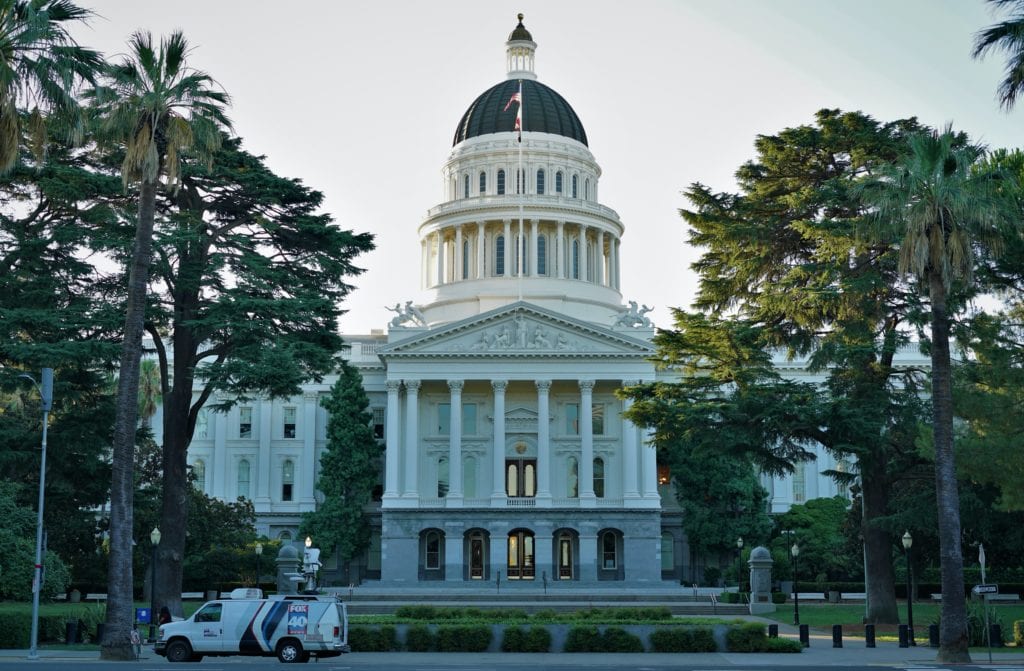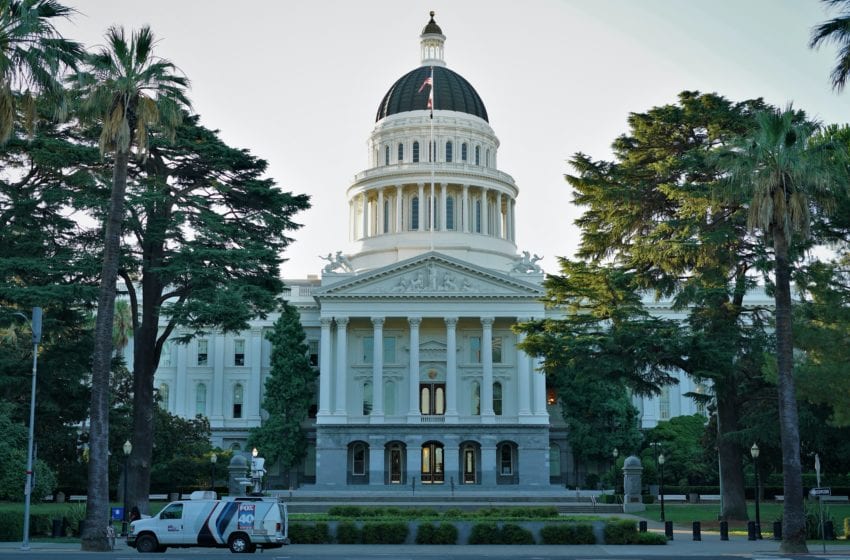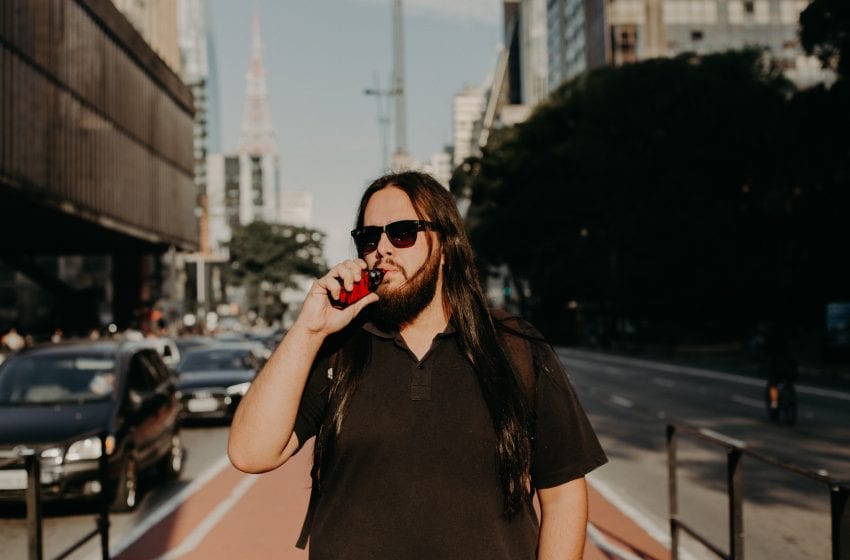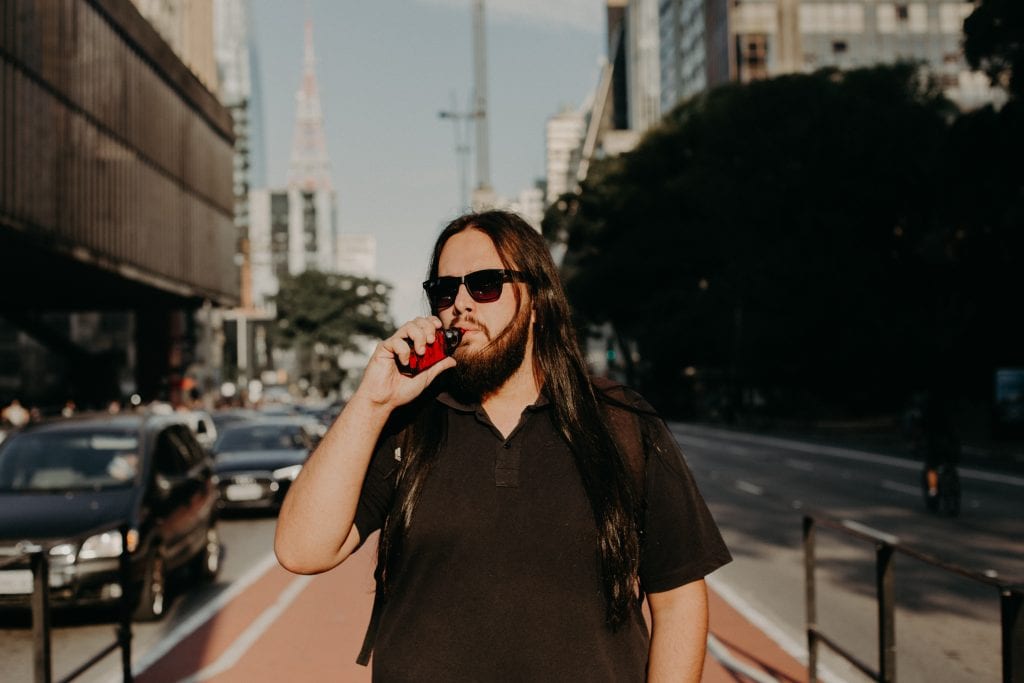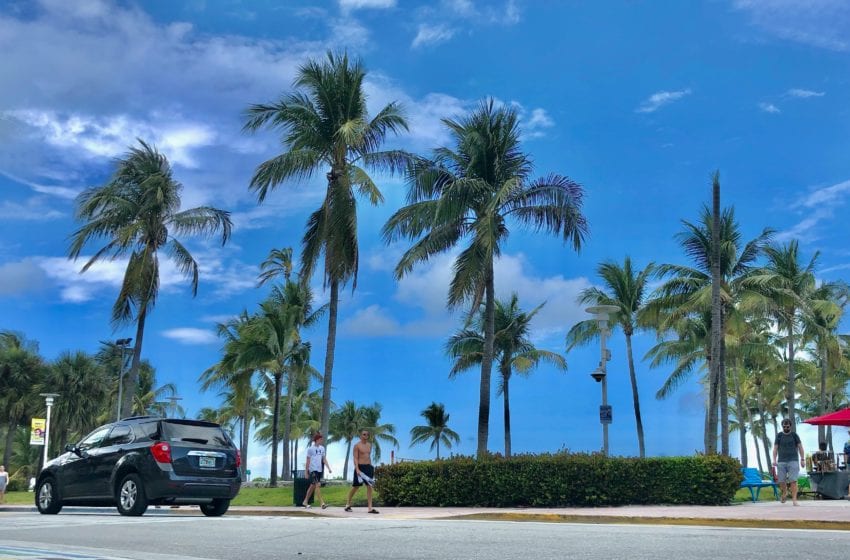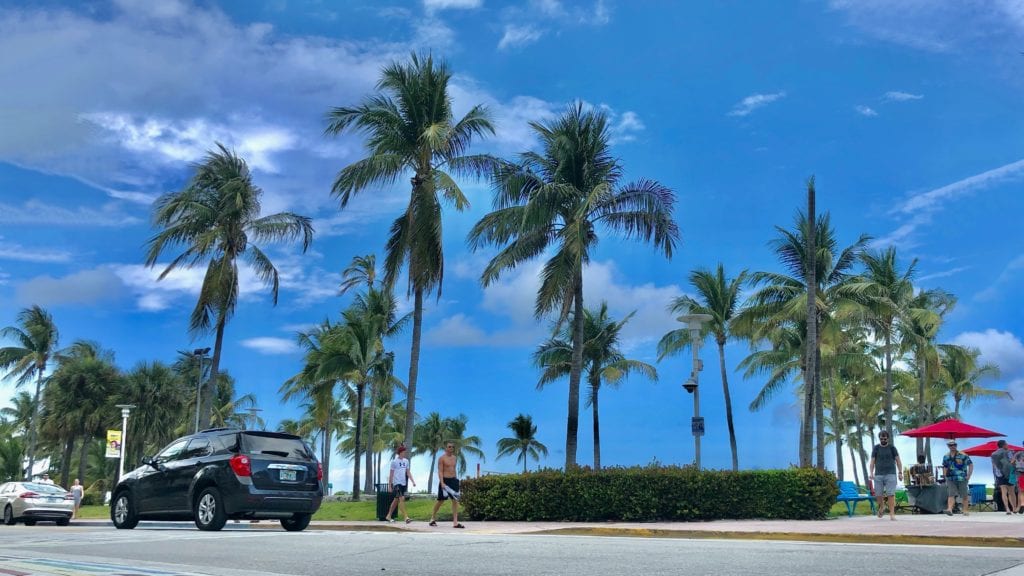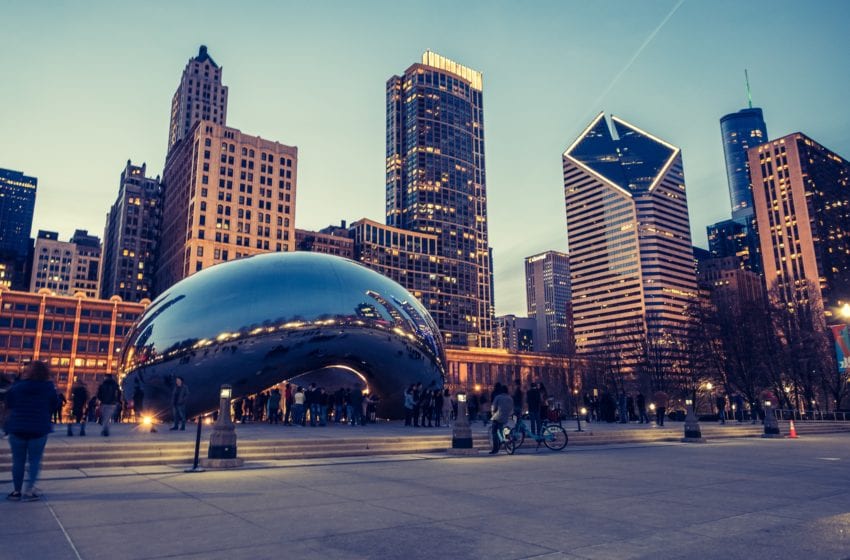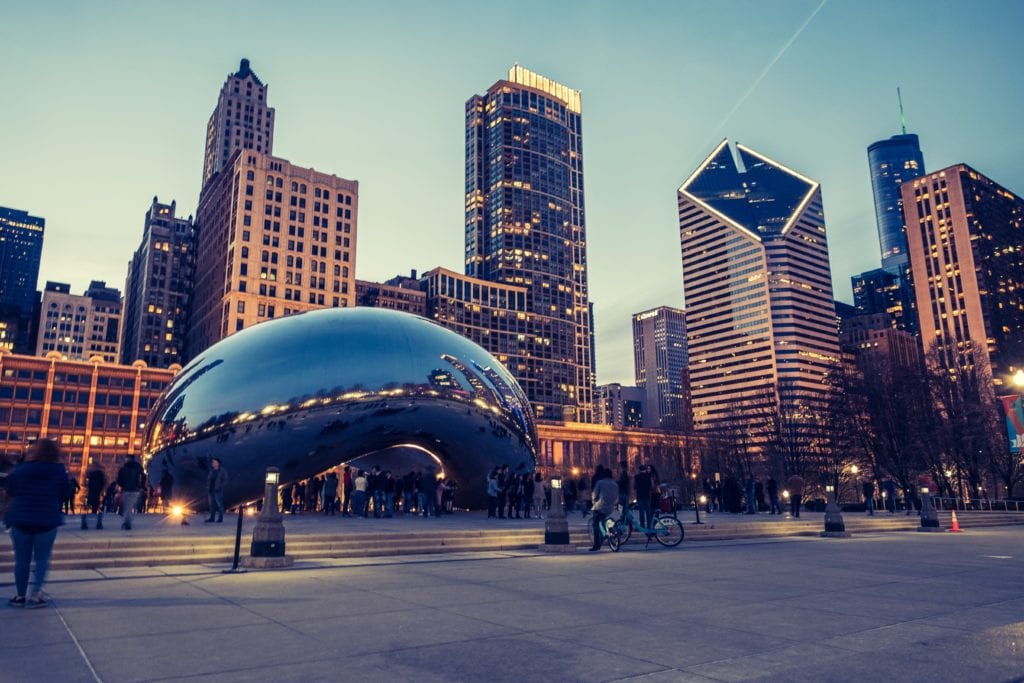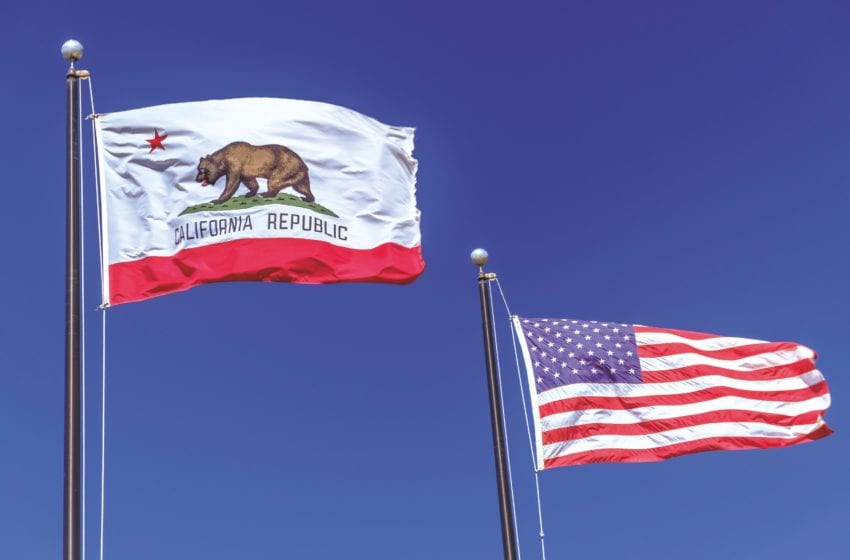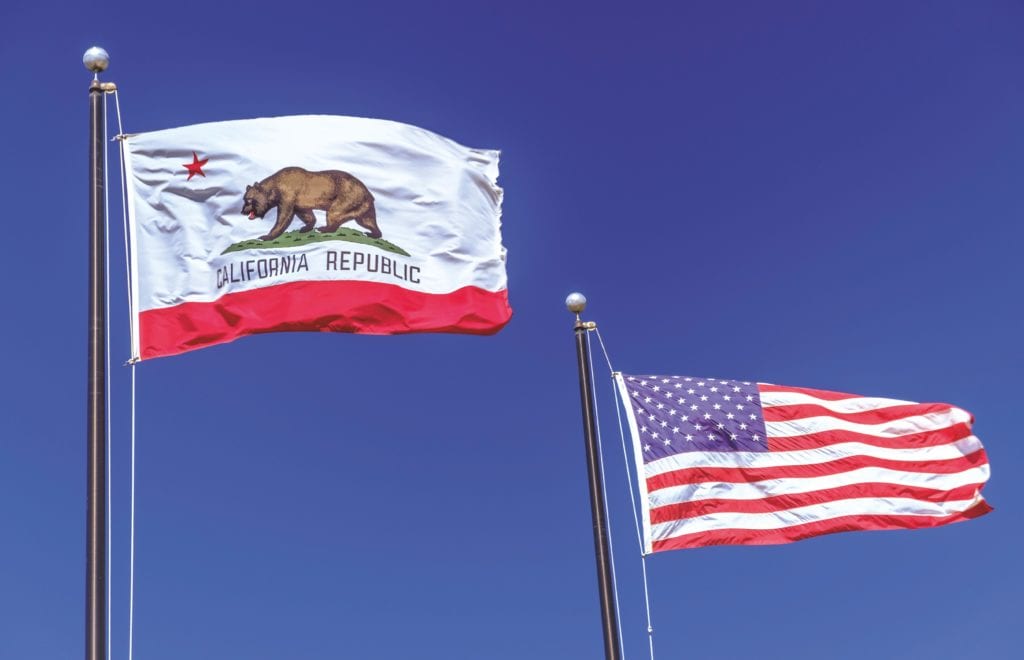Florida’s Governor Ron DeSantis vetoed a bill that would have raised the legal age to buy vapor and other tobacco products to 21 and banned flavored nicotine products.
DeSantis vetoed the vape and tobacco bill (SB 810), arguing it was, in part, redundant and also detrimental to smoking cessation efforts, as reported on floridapolitics.com.
“While originally conceived as a bill to rate the legal age to buy tobacco to 21, (which is superfluous given this is already mandated by federal law) … SB 810 effectively bans tobacco-free vaping flavors used by hundreds of thousands of Floridians as a reduced-risk alternative to cigarettes, which are more dangerous,” DeSantis wrote in his veto transmission letter.
Raising the age to 21 would have helped the state comply with new federal regulations. The bill would have also banned all vape flavors other than menthol and tobacco until they receive approval from the U.S. Food and Drug Administration.
“Governor DeSantis has shown true leadership and understanding in his decision to veto SB 810,” said Tony Abboud, Executive Director of the Vapor Technology Association (VTA). “On behalf of all the vapor companies, large and small, and the more than one million vapers in the state of Florida, VTA thanks Governor DeSantis for his bold decision to protect Florida’s public health and economy, which comes at a time of great uncertainty for many. This is the positive reinforcement the industry and the people of Florida need.”
The VTA worked closely with the Florida Smoke Free Association, a VTA member association, to educate legislators throughout the legislative session and had moved a meaningful regulatory bill that would have provided real solutions to the core issue of youth access and/or appeal. However, that effort was tossed in favor of an unnecessary and last minute flavor ban, disguised as a bill that would merely raise the age to 21.
The legislature delayed sending the bill, as well as others, to DeSantis’ desk to give him time to respond to the COVID-19 pandemic. Lawmakers sent the bill to his desk last week.
Republican Sen. David Simmons ran the bill in the Senate while Reps. Jackie Toledo and Ray Rodrigues made changes delaying the start date of the age hike three months to the start of 2021, ensuring permitted store employees younger than 21 years old can sell tobacco and vape products and clarifying that vape product permits don’t carry a $50 fee, a previous provision removed that would have accessed product license fees.
“This legislation would almost assuredly lead more people to resume smoking cigarettes, and it would drive others to the hazardous black market,” DeSantis wrote. “The latter consequence is especially significant because the much-publicized cases of lung injury associated with vaping in recent years have been traced to illegal, or black market, vape cartridges containing THC, not the types of legal vaping products that this bill would abolish.”
DeSantis added, “reducing the use of all nicotine-related products, including vaping among our youth, is an important goal, but this will not be achieved by eliminating legal products for adults and by devastating the small businesses who provide these adults with reduced-risk alternatives to cigarettes.”
In addition to the vape flavor ban and increased tobacco sales age, foods like tomatoes and potatoes, which contain trace nicotine, were carved out of the bill in a clarification.
Democratic Senator Randolph Bracy, who said he accidentally voted yes the first time around, called the measure a terrible bill.
“It will destroy an entire industry that actually helps people as a way to decrease the amount of nicotine they use,” he said.
Republican Rep. Anthony Sabatini said banning those flavors would create a black market for flavored vape liquids. Off-market liquids and vapes have reportedly been tied to vaping-related deaths.
“If you look at the history of this country’s war on drugs, I believe it’s been an epic failure,” he said. “The only historic simile is probably Pickett’s Charge. It was an absolute failure.
